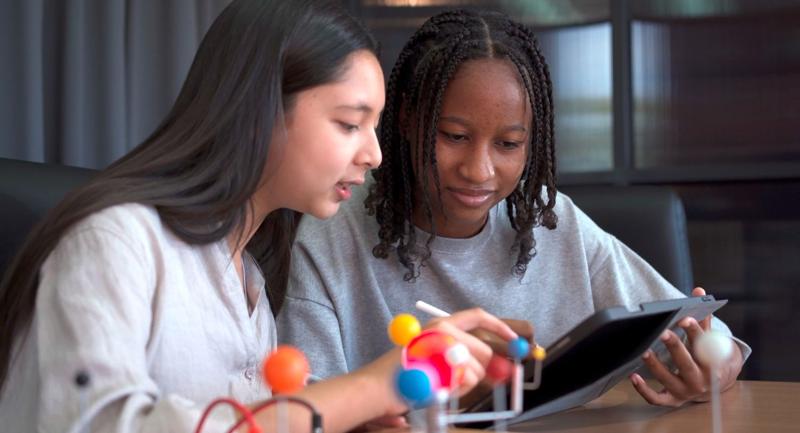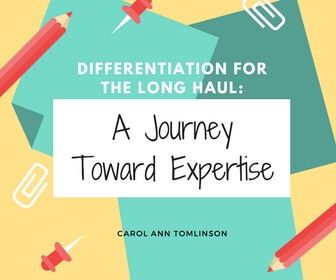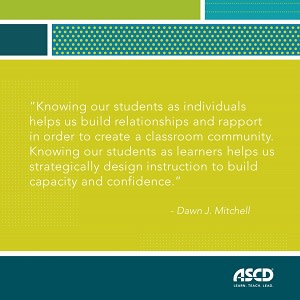As teachers, we all too often hear students asking, “When are we ever going to use this?” Unfortunately, there is sometimes little immediate connection between content and the real world, leading to students opting out and not paying attention. Students who have learned to value school because they understand the relationship between a good education and success in life, or because their parents insist on high achievement, can tolerate boring classrooms. Otherwise, they don’t. Motivation and discipline problems are often the result. It is very difficult to get students to focus on learning content that they just can’t relate to.
Make it a goal to begin each class with something that grabs their attention and then try to connect it to the lesson you’re teaching: a great story, an existential question, a joke, an experiment, an interesting photo, et cetera. If you cannot find a way to make the lesson relevant, at least try to relate to your students for a few seconds every day on something you know they find interesting. (Hint: Music, sports, video games, and money are virtually always of interest to kids.) Show your knowledge and/or ignorance (i.e., try saying something like this: “Mara, I caught a bit of Lil Wayne the other day, who I know you listen to, and to be honest, I couldn’t understand his message. Help an old guy like me understand what I’m missing?”). Rarely will students refuse to engage when you capture their attention and interest. Showing an interest in what is important to them gets them to like and respect you. Even more important, it makes it a lot easier to explain the importance of postponing immediate gratification.
I recall my oldest son, along with several of his classmates, struggling to understand the basics of physics when they were in high school. It was the first time my son was truly challenged by the content of the curriculum. Previously, all content had at least made sense to him, even if it wasn’t always relevant, which isn’t the case with every student. Sensing their growing frustration, his teacher explained that they first had to understand the language of physics before they could expect to understand what it all meant. Be patient, he assured them, and eventually it will make sense. Trusting his teacher and himself, he was patient and did eventually make sense of the material.
Unfortunately, there are too many students who, unlike my son, don’t trust their teachers, have not learned to delay gratification, and, unless something grabs their attention or they experience immediate success, shut down or act out to hide their feelings of inadequacy. There are many concepts we teach that are very difficult for some students to learn, and it can help for them to know that we don’t expect what we are teaching to make sense in that moment. Try starting a lesson by saying, “This will be hard for many of you and I wish I knew a way to make it easy; but trust me, it is important for you to learn. Hang in there and give me all of your attention for the next twenty minutes. It will eventually make sense.” It is important for you to work to build their trust in all of your interactions with them. They need to believe that if they plan, prepare, practice, and persist, they will enjoy the fruits of success.
Find more resources for heading back to school on ASCD’s website.








